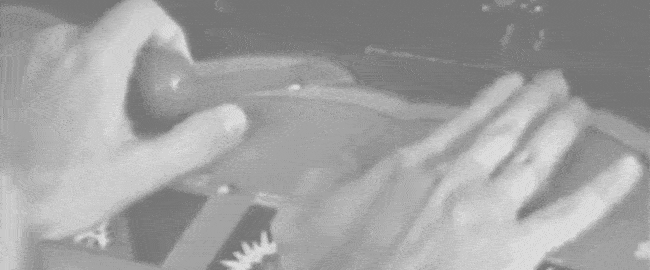
(Jack Hamilton/Unsplash)
The Supreme Court’s big decision on Friday is one that has a lot of people upset and frustrated, and with good reason. It seems like the court has never worked within such a big gap between public opinion and the political theories that dominate the court at this time.
The court is hugely unpopular, its makeup changed dramatically by an unpopular president and a body that seems to feel empowered to force change. (Originalist legal theories aside, it is a dramatic shift in a decade.)
It appears to be one sign of many that everything is on fire right now and the fire is overwhelming the things that matter. Even if you agree with Friday’s decision punting decisions on abortion back to the states, we have someone in a deeply influential position on that court that suggested in a concurring legal opinion that rights such as contraception and gay marriage are under threat. (Even interracial marriage is potentially on the chopping block, which would affect that person specifically, not that he said that—which our greatest actor was not afraid to call out.)
Whatever your feelings on the ruling last week, we’ve been teed up to a dangerous cultural place by a single court opinion.
It’s in this light that I want to point out a Twitter thread on Sunday from my pal Benj Edwards. In it, he longed for the purity of the technology industry’s goals during the era of early Apple, of Nintendo, even of early Amazon—and how far many of these companies have strayed.
https://twitter.com/benjedwards/status/1541029918783311873
The thread ends with a warning: “Americans think we are free, but we are not. We have allowed the worst runaway business models, empowered by tech, to subvert liberty and deeply erode the fabric of society. That’s where we are. The kindling’s set; the house is lit. What’s our next move?”
The timing of the thread is notable, as it comes so close to the decision in Dobbs v. Jackson Women’s Health Organization, and its timing implicitly frames a lot of the issues that emerged as being the fault of technology companies more concerned with their profits than their place in the world.
As Benj implies, you can arguably draw a straight line between the bad, messy parts of modern technology and the political environment we have today—for example, in that poor moderation on platforms like Facebook and Twitter gave airwaves to both misinformation and controversial points of view—that they had the tools to moderate properly, thanks to Section 230, but did not use it.
Look, I’m a middle-aged white guy who messes around with computers all day—I am in the category that is deeply threatened with “not getting it” in response to the political moment we’re in.
But there are things that I do get pretty well, and like Benj, I can see the fault lines hiding beneath the technology that we use every day, and how that tech threatens to make everything worse if not managed properly.
Is Big Tech to blame for what happened Friday? Perhaps not entirely. But with its focus on the wrong things, it may have helped stack the deck in a way so that one side got a perfect hand.
Time limit given ⏲: 30 minutes
Time left on clock ⏲: 45 seconds



